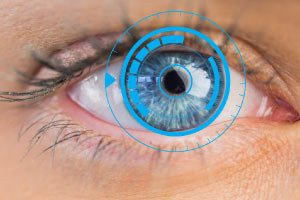Description
In this course you will learn
-
Identify how lifestyle changes may reduce the risk of dementia
-
Assess the signs and symptoms that may indicate dementia and describe the pathway to diagnosis and treatment
-
Identify communication approaches which can support the person with dementia to communicate their needs
-
Debate ethical aspects of decision-making in the light of English laws and guidelines (Mental Capacity Act 2005, Care Act 2014 etc)
-
Describe the impact of caring on family supporters
-
Explore the meaning of person-centred care in view of the diversity of people with dementia and their supporters, while reflecting on the influence of one’s own culture, beliefs and values at all stages of dementia
-
Demonstrate awareness of what it means to live well with dementia and the contribution of assistive technology in everyday care
-
Assess strategies for pain management in palliative care and discuss how Advanced Decisions/Directives may be used in practice
-
Apply evidence from research to support effective care for people with dementia
-
Compare the impact of different interventions including medication and psychosocial approaches








